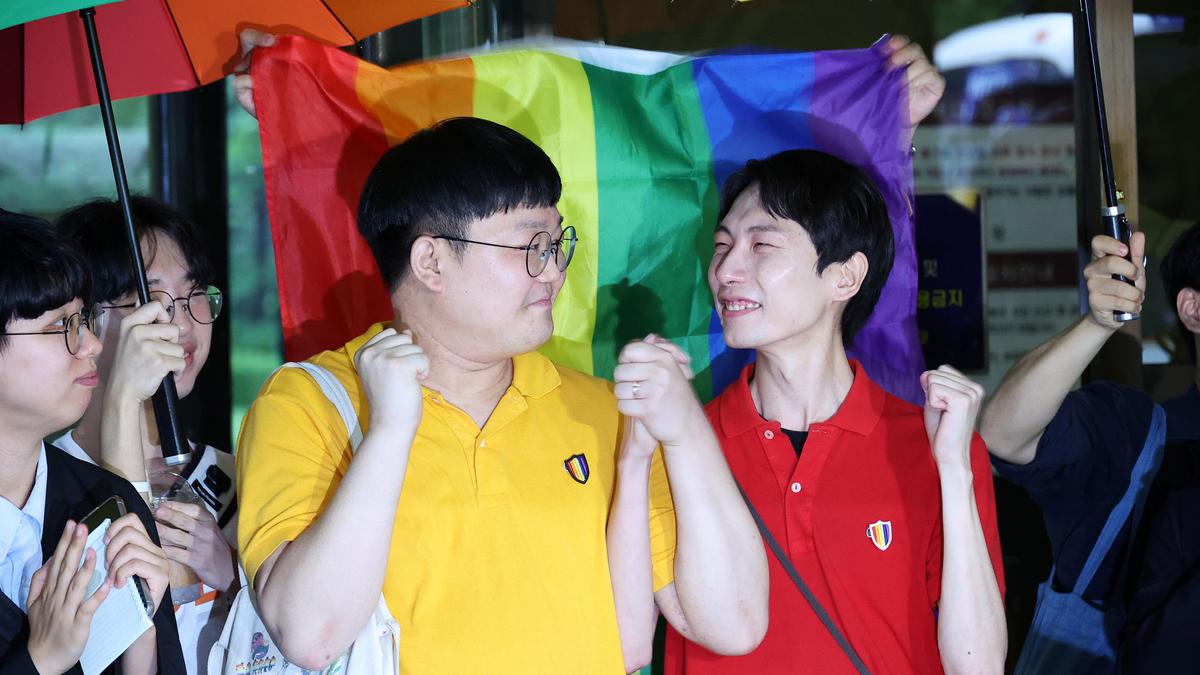South Korea’s Supreme Court ruled that the state health insurance agency should provide the same benefits to spouses in same-gender relationships as it does to those in heterosexual marriages. The ruling is final and cannot be appealed.
South Korea, like most of East Asia, neither prohibits nor recognises same-sex relationships. As of now, only three places in Asia - Nepal, Thailand and Taiwan - have full marriage equality.



The Hindu’s website is a UI disaster, which is sad as they are probably the best newspaper in India in terms of content. If you have Firefox, try using Reader Mode.
As of now, it seems the court’s ruling is that the state should not discriminate between couples on the basis of gender, at least for spousal benefits.
For Asia as a whole, three places - Taiwan (decriminalised in 1991 / full equality in 2019), Nepal (2007/2023) and Thailand (1956/2024) - have full marriage equality, while China (1997/2017), India (2018/2022) and parts of Japan (1882/2020s) recognise same-sex relationships in some form and give them some benefits.
Most remaining countries neither prohibit nor legally recognise same-sex relationships. Some West Asian countries have bans on homosexuality, with varying levels of enforcement and punishment.
Another point to note is that in most parts of Asia, being transgender is much more acceptable, so same-gender couples are often pressured to become ‘normal’ by one partner transitioning - at least on paper - to the other gender. Iran is probably the most extreme case - homosexuality is a serious offence that can be punished with jail or even death, but gender transitioning surgeries are subsidised and gay people are pushed to use them.